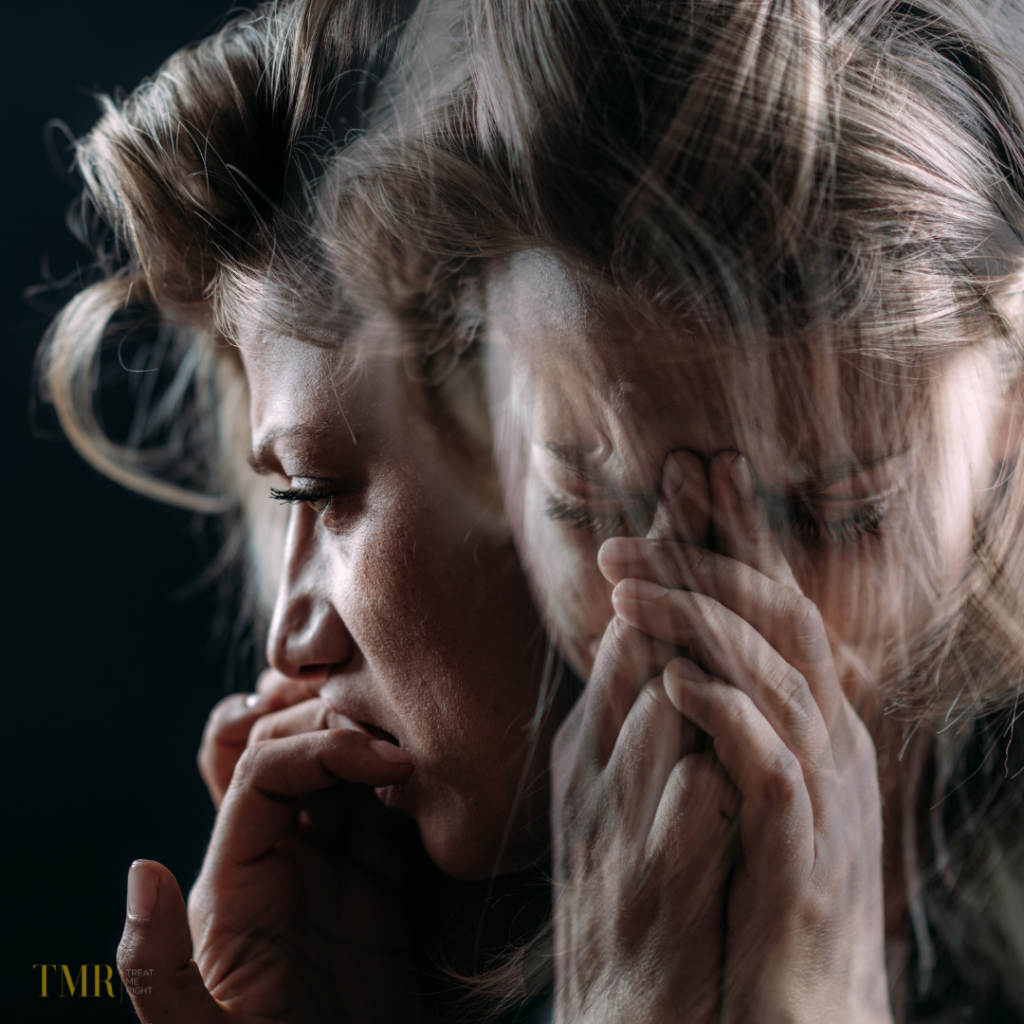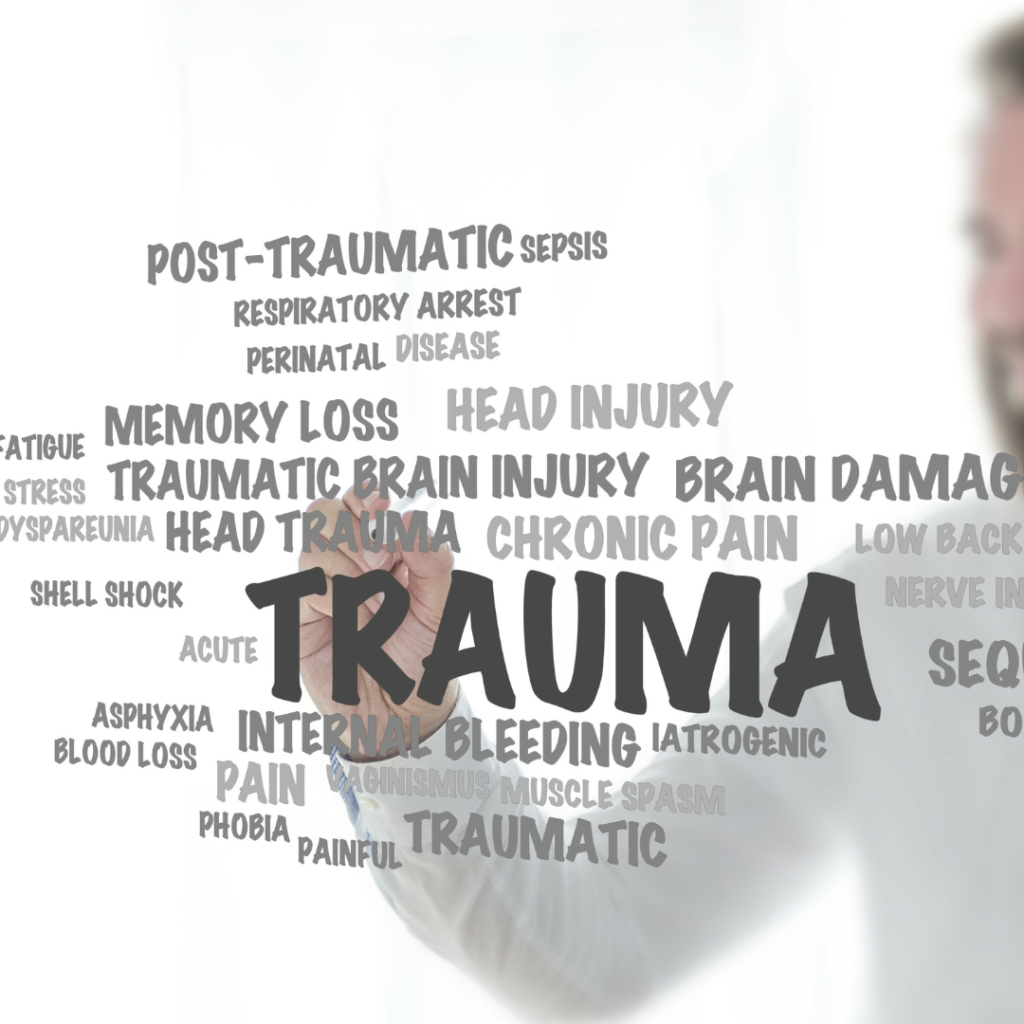Trauma & PTSD
Trauma & PTSD can be a debilitating condition that can significantly impact an individual’s life. Individuals who have experienced trauma or who have PTSD may re-experience their trauma through intrusive thoughts, flashbacks, and nightmares. They may also experience Avoidance, which can include avoiding people, places, things, or situations that remind them of their trauma. Many people with trauma & PTSD also suffer from negative changes in their mood and thinking, feeling hopelessness, guilt, shame, or despair. Other common symptoms include difficulties with concentration and memory, sleep disturbances, irritability, and hypervigilance. Although the symptoms of trauma & PTSD can be very difficult to manage, there are treatment options available that can help. Psychotherapy, medication, and support groups are all effective methods of treatment that can help people to heal from their experiences and to live productive lives.
Trauma and Post-traumatic Stress Disorder (PTSD) are very closely related, but they aren’t exactly the same thing. A trauma can be defined as a deeply disturbing event that causes intense fear, pain or helplessness – whether it was experienced firsthand or witnessed by the person. For example, people who have been in combat or engaged in active combat situations may experience some symptoms of PTSD due to their exposure to traumatic events during their service. Likewise, survivors of major disasters like tornadoes or earthquakes may also develop PTSD.
Many people with PTSD will continue to experience upsetting memories and nightmares about the traumatic event for years after it has occurred. They may also find themselves avoiding anything that reminds them of the incident(s), and may have trouble concentrating or sleeping because of their symptoms. In order to be diagnosed with PTSD, however, a person must also experience at least one of the following symptoms:
· Constant feelings of sadness, hopelessness or despair.
· Feeling constantly on edge and experiencing trouble sleeping.
· Feeling like they are “out of their body” or not fully present in the situation at hand; sometimes called dissociation.


This is a feeling that may be very frightening for some people, as it can make them feel detached from reality and may cause them to feel as if there are parts of themselves that they have no control over. People with PTSD who experience these symptoms may also find it hard to remember much about what happened during traumatic events. This is one of the reasons why victims of trauma often do not report having been abused – they can’t remember what happened! At other times, they may remember the event, but not feel as if it had really happened or that it was somehow “faked”.
Many people who experience PTSD only develop a single episode of the disorder and go on to live normal lives after this; however, some people continue to be very anxious about having another traumatic episode for years or even decades later. This is why some combat veterans might suffer from PTSD long after the end of their service – not because they were in danger during those later years, but because they still carry around the fear and anxiety associated with their combat experiences.
Contact Us Today & Get The Help Your Need!
WHY CHOOSE TMR
We are warm, caring, experienced, licensed mental health professionals dedicated to providing high quality goal-oriented care in a confidential private practice setting.

CERTIFIED CONFIDANTES
When you come to us, our therapist will be your most trusted partner through life's toughest challenges.

SPECIALIZED TREATMENT
Our compassionate therapists will be by your side, offering individual guidance, tips and strategies to help you find relief and build confidence in yourself.

EMERGENCY CARE
We offer same-day appointments so that your healing begins from the moment you contact us.
